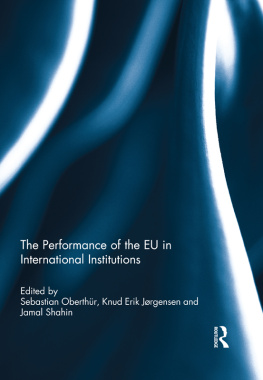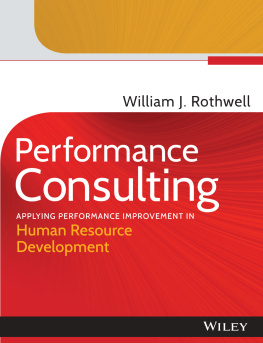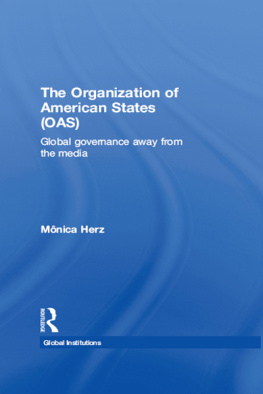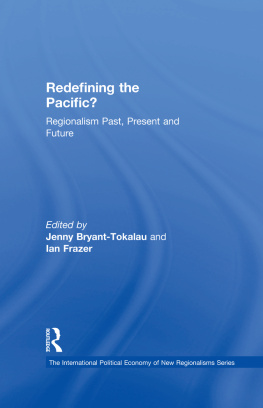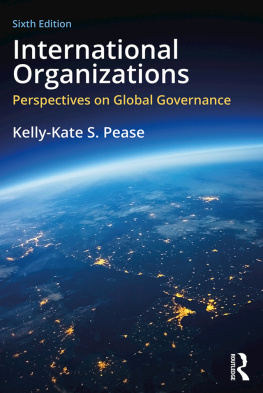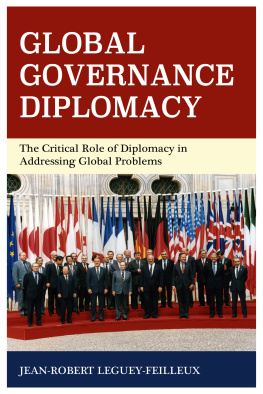The Performance of the EU in International Institutions
The Performance of the EU in International Institutions marks one of the first attempts to systematically analyse the subject. It focuses on the role of the EU in decision-making within international organizations and regimes as a major locus of global governance. The book unpacks the concept of EU performance into four core elements: effectiveness (goal achievement); efficiency (ratio between outputs accomplished and costs incurred); relevance (of the EU for its priority stakeholders); and financial/ resource viability (the ability of the performing organization to raise the funds required). Based on the case studies herein, the findings presented in this book relate to the identified core elements of performance with a particular emphasis on the dimensions of effectiveness and relevance. Most notably, the EU appears, on balance and over the past two decades, to have become much more relevant for its member states when acting within international institutions. The book highlights four particular factors explaining EU performance in international institutions: the status of relevant EU legislation and policies, the legal framework conditions including the relevant changes that the Lisbon Treaty has brought about, domestic EU politics, and the international context.
This book was originally published as a special issue of the Journal of European Integration.
Sebastian Oberthr is Academic Director of the Institute for European Studies at the Vrije Universiteit Brussel. Recent publications include Managing Institutional Complexity: Regime Interplay and Global Environmental Change (MIT Press, 2011).
Knud Erik Jrgensen is Professor in the Department of Political Science at Aarhus University. Previous publications include The European Union and International Organisations (Routledge, 2008).
Jamal Shahin is Assistant Professor in the Department of European Studies at the University of Amsterdam, and Senior Fellow at the Institute for European Studies at the Vrije Universiteit Brussel. Previous publications include The Idea of a United Europe: Political, Economic and Cultural Integration Since the Fall of the Berlin Wall (Macmillan, 2000).
The Performance of the EU in International Institutions
Edited by
Sebastian Oberthr, Knud Erik Jrgensen and Jamal Shahin
First published 2013
by Routledge
2 Park Square, Milton Park, Abingdon, Oxon, OX14 4RN
Simultaneously published in the USA and Canada
by Routledge
711 Third Avenue, New York, NY 10017
Routledge is an imprint of the Taylor & Francis Group, an informa business
2013 Taylor & Francis
This book is a reproduction of the Journal of European Integration, vol. 33, issue 6. The Publisher requests to those authors who may be citing this book to state, also, the bibliographical details of the special issue on which the book was based.
All rights reserved. No part of this book may be reprinted or reproduced or utilised in any form or by any electronic, mechanical, or other means, now known or hereafter invented, including photocopying and recording, or in any information storage or retrieval system, without permission in writing from the publishers.
Trademark notice: Product or corporate names may be trademarks or registered trademarks, and are used only for identification and explanation without intent to infringe.
British Library Cataloguing in Publication Data
A catalogue record for this book is available from the British Library
ISBN13: 978-0-415-62239-4
Publishers Note
The publisher would like to make readers aware that the chapters in this book may be referred to as articles as they are identical to the articles published in the special issue. The publisher accepts responsibility for any inconsistencies that may have arisen in the course of preparing this volume for print.
The chapters in this book were originally published in the Journal of European Integration, volume 33, issue 6 (November 2011). When citing this material, please use the original page numbering for each article, as follows:
Introduction: Assessing the EUs Performance in International Institutions Conceptual Framework and Core Findings
Knud Erik Jrgensen, Sebastian Oberthr & Jamal Shahin
Journal of European Integration, volume 33, issue 6 (Nov 2011), pp. 599620
The Legal Framework for the Participation of the European Union in International Institutions
Ramses A. Wessel
Journal of European Integration, volume 33, issue 6 (Nov 2011), pp. 621636
The EU at the World Bank: Institutional and Policy Performance
Eugenia Baroncelli
Journal of European Integration, volume 33, issue 6 (Nov 2011), pp. 637650
The Performance of the European Union in the International Labour Organization
Robert Kissack
Journal of European Integration, volume 33, issue 6 (Nov 2011), pp. 651666
The European Unions Performance in the International Climate Change Regime
Sebastian Oberthr
Journal of European Integration, volume 33, issue 6 (Nov 2011), pp. 667682
The European Unions Performance in the International Telecommunication Union
Jamal Shahin
Journal of European Integration, volume 33, issue 6 (Nov 2011), pp. 683698
The EUs Performance in the World Health Organization: Internal Cramps after the Lisbon cure
Louise van Schaik
Journal of European Integration, volume 33, issue 6 (Nov 2011), pp. 699714
The Rise and Fall(?) of the EUs Performance in the Multilateral Trading System
Alasdair R. Young
Journal of European Integration, volume 33, issue 6 (Nov 2011), pp. 715730
The EUs Performance in the United Nations Security Council
Spyros Blavoukos & Dimitris Bourantonis
Journal of European Integration, volume 33, issue 6 (Nov 2011), pp. 731742
The EUs Performance with and within NATO: Assessing Objectives, Outcomes and Organisational Practices
Nina Grger & Kristin M. Haugevik
Journal of European Integration, volume 33, issue 6 (Nov 2011), pp. 743757
Knud Erik Jrgensen* Sebastian Oberthr** & Jamal Shahin***
*Department of Political Science, University of Aarhus, Denmark;
**Institute for European Studies, Vrije Universiteit Brussel, Belgium;
***Institute for European Studies, Vrije Universiteit Brussel, Belgium, and Department of European Studies, Faculty of Humanities, University of Amsterdam, Netherlands
ABSTRACT This article introduces the analytical framework of the collection on the performance of the EU in international institutions and summarizes its main findings. We focus on the role of the EU in the decision-making within international organizations and regimes as a major locus of global governance. We suggest unpacking the concept of EU performance into four core elements: effectiveness (goal achievement); relevance (of the EU for its priority stakeholders); efficiency (ratio between outputs accomplished and costs incurred); and financial/resource viability (the ability of the performing organization to raise the funds required). Based on the case studies of the collection, the findings presented in the second part of the article relate to the identified core elements of performance with a particular emphasis on the dimensions of effectiveness and relevance. Most notably, the EU appears, on balance and over the past two decades, to have become much more relevant for its member states when acting within international institutions. Moreover, the findings highlight four particular factors explaining EU performance in international institutions: the legal framework conditions (including the relevant changes that the Lisbon Treaty has brought about), domestic EU politics, the status of relevant EU legislation and policies, and the international context.

